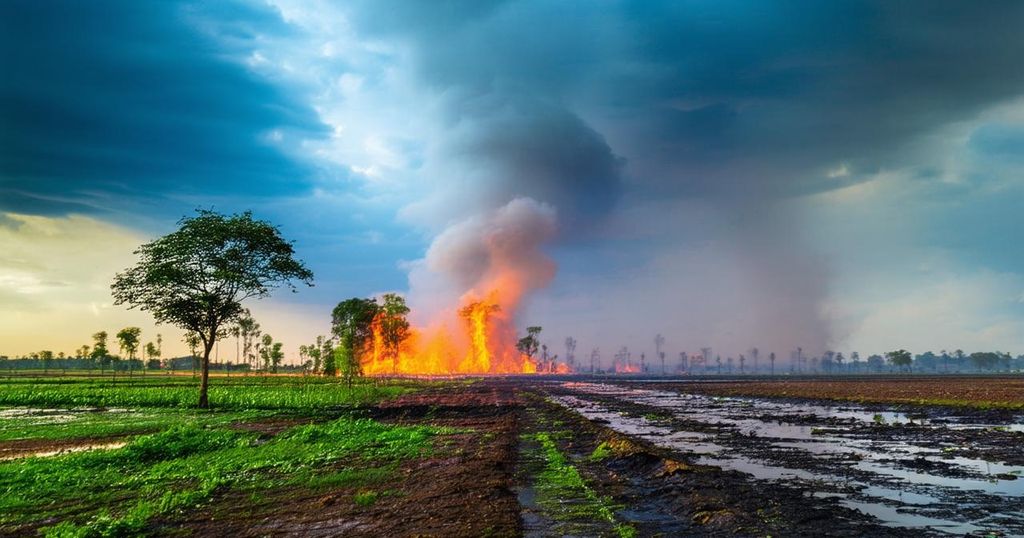A United Nations report reveals that current climate policies may lead to a temperature increase of over 3 degrees Celsius by 2100, significantly surpassing the Paris Agreement’s target of 1.5 C. With greenhouse gas emissions reaching record highs, there is an urgent need for more aggressive actions to curb emissions. The upcoming COP29 climate summit in Azerbaijan will be a pivotal moment for nations to enhance their emissions reduction strategies, reflecting the critical nature of the climate crisis.
A recent report from the United Nations indicates that existing climate policies could lead to a global temperature increase of over 3 degrees Celsius (5.4 degrees Fahrenheit) by the end of the century, significantly exceeding the 1.5 C (2.7 F) target set by the Paris Agreement. This dire projection, presented in the annual Emissions Gap report, highlights the necessity for governments to take more aggressive actions to reduce emissions, which are currently on the rise. The report emphasizes that without substantial changes in policy, the world is on track for warming levels between 2.6 C (4.7 F) and 2.8 C (5 F) by 2100. The current global emissions reached an all-time high of 57.1 gigatonnes of carbon dioxide equivalent, marking a 1.3% increase from the previous year. U.N. Secretary-General Antonio Guterres remarked on the precarious position the planet is in, stating that leaders must act to bridge the emissions gap or risk impending climate disaster. As nations prepare for the upcoming COP29 climate summit in Azerbaijan, they are urged to enhance their Nationally Determined Contributions (NDCs) with a focus on committing to aggressive emissions reductions. The report calls for a 42% reduction in yearly emissions by 2030 and a 57% cut by 2035 to have any chance of limiting temperature rise to 1.5 C. Inger Andersen, executive director of the United Nations Environment Programme, stressed the importance of discussing these critical issues in Baku, underscoring that “Every fraction of a degree avoided counts.”
Climate change is an urgent global issue resulting from an increase in greenhouse gas emissions, primarily due to human activities, including the burning of fossil fuels and deforestation. In response, the international community established the Paris Agreement in 2015, aiming to limit global warming to 1.5 C above pre-industrial levels. The annual Emissions Gap report assesses the gap between current emissions reduction pledges made by countries and the drastic reductions needed to combat climate change effectively. Despite past commitments, progress has been insufficient, prompting calls for enhanced action ahead of major international gatherings that seek to address this pressing concern.
In summary, the United Nations report starkly illustrates the trajectory of global warming under current emissions policies, projecting an alarming rise of over 3 C by the century’s end without significant intervention. As nations prepare for COP29, it is imperative that they commit to ambitious emissions reduction targets to avert severe climate impacts. The time for decisive action is critical; every fraction of a degree of warming averted could make a substantial difference in the future health of our planet.
Original Source: clubofmozambique.com






